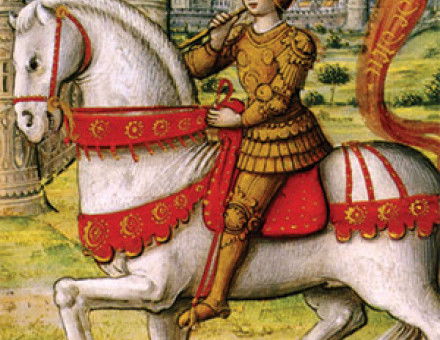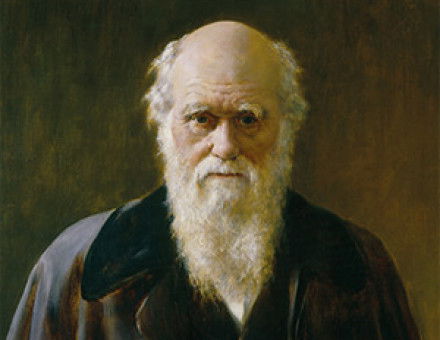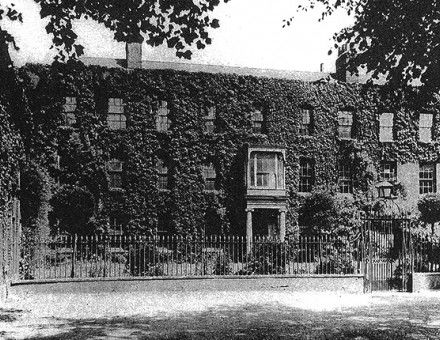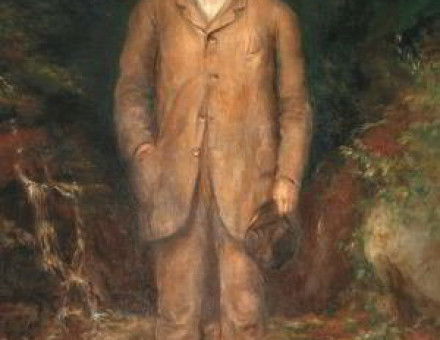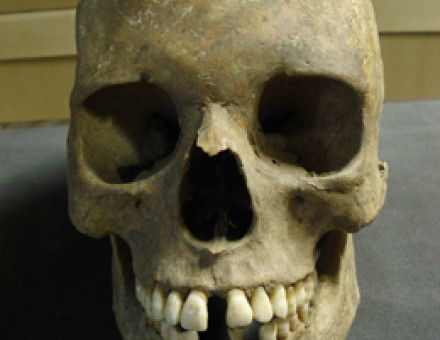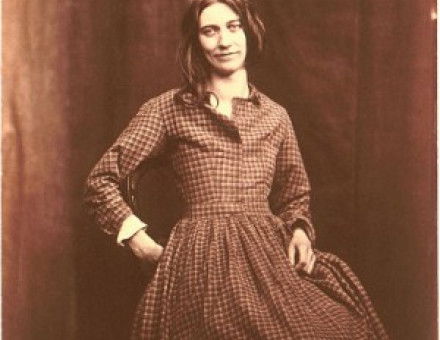Joan of Arc: a Medical View
Medical explanations of human character and conduct are by themselves (as William James pointed out) usually “destructive and insufficient.” It seems highly possible that Joan of Arc suffered from tuberculosis. But this analysis of her medical background, write John and Isobel-Ann Butterfield, does nothing to lessen our admiration for her heroic and inspired life.


